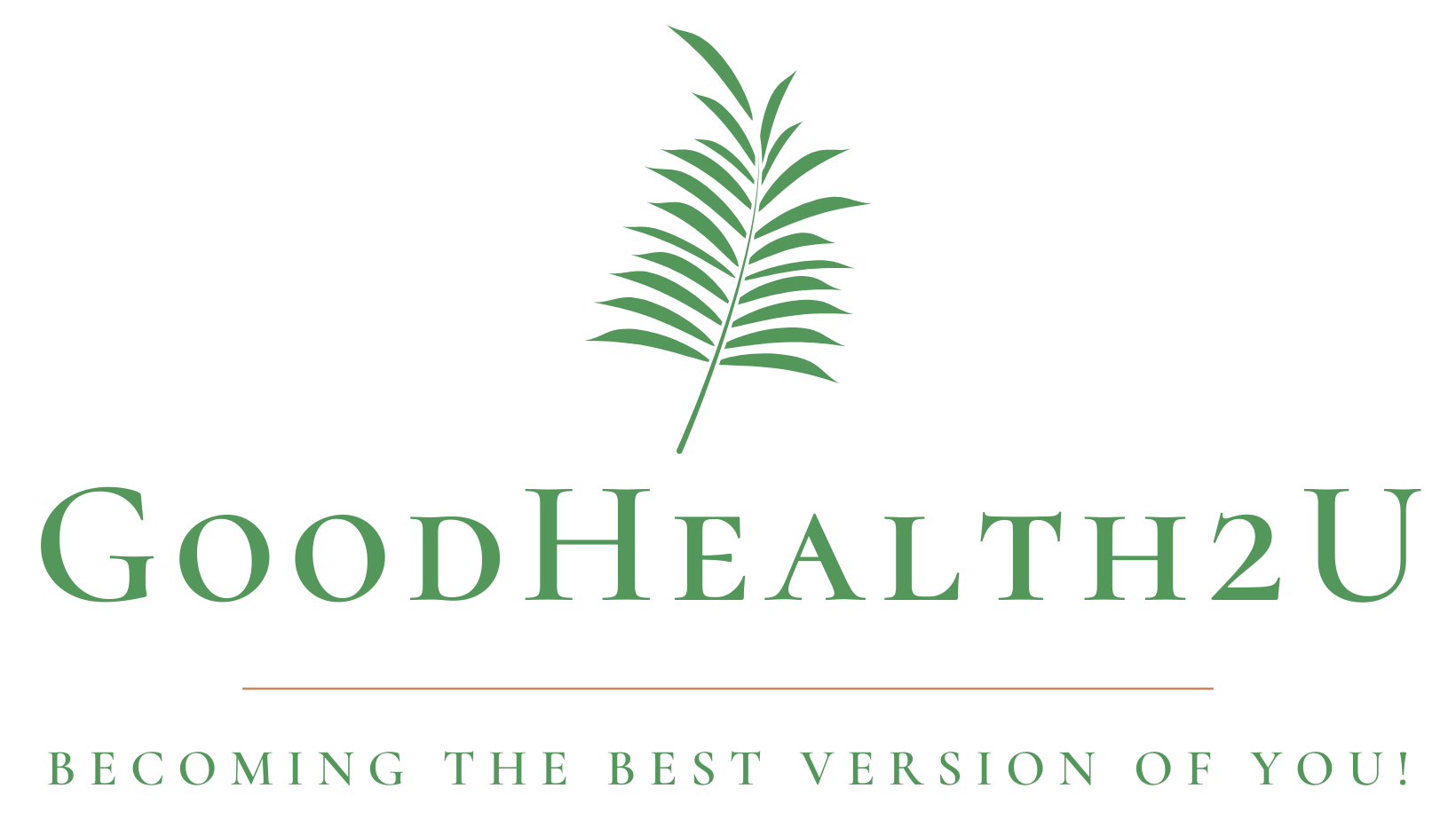Histamine, the drama queen of biochemicals, is like a moody artist produced by immune mast cells during the body’s fiery immune response. It moonlights as a neurotransmitter and even dabbles in digestion control. But beware, too much histamine turns it into a troublemaker, leading to a sneeze fest, stuffy nose, itchiness, tummy troubles, or a grumpy response to histamine-rich foods.
HISTAMINE ISSUES
Why would someone have too much histamine (aka “histamine intolerance” or “mast cell activation syndrome”)?
There are 2 primary reasons: their body is either producing too much OR not breaking it down properly. This dysregulation can be influenced by genetics (i.e., poor methylation), hormonal imbalances, or gut dysbiosis (the majority of your immune system is in your gut).
What should you do if you suspect you have too much histamine?
Many experience relief by avoiding high-histamine foods in their diet and reducing exposure to irritants like dust and pollen. If the root issue is gut dysbiosis, then addressing that imbalance can help manage symptoms. Finally, there are many herbs and nutrients that help the body moderate its histamine response.
NUTRIENTS FOR ALLERGIES
- probiotics (esp. B. infantis & L. rhamnosus)
- raw honey, propolis, bee pollen
- vitamin D
- vitamin C
- quercetin
- bromelin
- butterbur
- stinging nettle
- peppermint
- ginger
- turmeric
HIGH-HISTAMINE FOODS
- pickles & sauerkraut
- cheese, yogurt, kefir
- wine
- vinegar
- bone broth
- smoked & cured meats
- canned fish & seafood
- grains*
*Grains are not necessarily high in histamine, but reducing grain consumption can help alleviate symptoms of gut dysbiosis, allergies, and sinus pressure.
If you are interested working with me please email me. We can put together an Allergy Protocol that is designed to support you with seasonal allergies, allergic rhinitis, and/or hay fever through supplementation, lifestyle techniques, diet, and specific nutrients known to support a normal immune function and healthy inflammatory process.
All information provided is for health education purposes only and is not intended to diagnose, treat, cure, or prevent any disease.



Follow Me